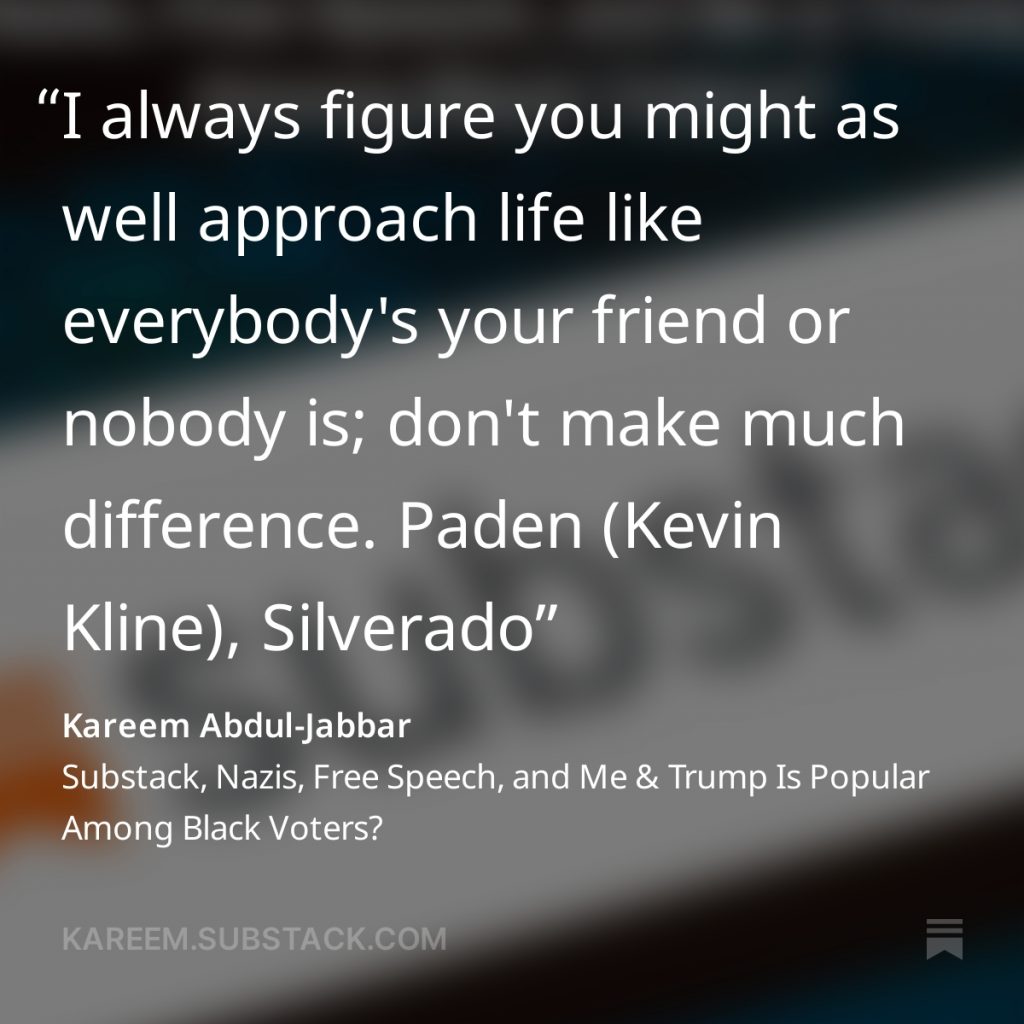
Where can I go from your Spirit? Where can I flee from your presence?
If I go up to the heavens, you are there; if I make my bed in the depths, you are there.
If I rise on the wings of the dawn, if I settle on the far side of the sea,
even there your hand will guide me, your right hand will hold me fast.
Psalm 139
One of the most fundamental principles of the Christian vision of reality is that God is present everywhere, filling all things. This underlies the essential Christian task of becoming consciously aware of that Presence and bringing that awareness into every aspect of our life.
Fr Stephen Freeman
God is everywhere and in everything, and we cannot be without Him. It’s simply impossible.
Thomas Merton
“The presence of God changes you.”
unidentified
…the Christian mystical tradition teaches us, life with God is more about knowing than believing. The mystics didn’t believe in God; they encountered God.
Beck, Richard. Hunting Magic Eels (pp. 11-12).
Reflecting on the comments above, reminded me of the consternation I felt engaging in study of practicing the presence of God.
Grasping that God is present everywhere all the time is unpalatable to a child of the Enlightenment like me. Raised on reductionism 1a philosophical position that a complex system is nothing but the sum of its parts, and that an account of it can be reduced to accounts of individual constituents. and rationality2 “uncertain but sensible” arguments based on probability, expectation, personal experience … ; God present everywhere all the time is, at best, incomprehensible; at worst, nonsense.
Richard Beck describes that condition: “… operating as if God doesn’t exist. We don’t expect to bump into God around the watercooler or doing the dishes. We might believe in God, but we don’t expect to encounter God.
We think we’re living in a two-story universe. In this two-story universe, the cosmos is a house with two floors. As Freeman describes it, “We live here on earth, the first floor, where things are simply things and everything operates according to normal, natural laws, while God lives in heaven, upstairs, and is largely removed from the story in which we live. To effect anything here, God must interrupt the laws of nature and perform a miracle.” For us to see or hear from God, God has to come downstairs to visit us. But most of the time, it’s just us alone on the first floor. God is absent, upstairs and minding his own business.
When we live our lives in the two-story world, we practice what Freeman calls “Christian atheism.” Since God is “upstairs,” God is “not here.” God isn’t close; God is elsewhere, far away and distant. And not just physically distant, mentally distant as well. God is at the back our minds, an afterthought, if we think of God at all.” 3 Beck, Richard, Hunting Magic Eels (pg104)
I want to minimize Beck’s description as hyperbole; but continuing to grapple with the presence of God and engaging in self-examination, reveals my daily life too often abides in a two-story universe. I’m not prepared to be labeled a Christian Atheist, but upon further consideration, perhaps I am closer to a Disenchanted Christian. 4..disenchanted Christians attack miracle stories with a battery of questions. Every miracle story is fiercely interrogated as a “more rational” explanation is sought. Perhaps that chance encounter or the money in the mail wasn’t God but a mere coincidence. Perhaps the doctors, rather than God, healed that person. We’ve all asked these sorts of questions and expressed these doubts when faced with stories we find too incredible or too neat and tidy to believe. Some of us, especially those of us who have been thoroughly disenchanted by the modern, scientific world, just can’t stop raising these questions.
Beck, Richard. Hunting Magic Eels (p. 191).
Until now, my spiritual journey has been determined mostly by reasoning and thinking.
Embracing a reality that God is present everywhere all the time — God’s presence, constant communion with Him—must define the journey.
What that means will be the subject of future posts.
STILL ON THE JOURNEY
- 1a philosophical position that a complex system is nothing but the sum of its parts, and that an account of it can be reduced to accounts of individual constituents.
- 2“uncertain but sensible” arguments based on probability, expectation, personal experience …
- 3Beck, Richard, Hunting Magic Eels (pg104)
- 4..disenchanted Christians attack miracle stories with a battery of questions. Every miracle story is fiercely interrogated as a “more rational” explanation is sought. Perhaps that chance encounter or the money in the mail wasn’t God but a mere coincidence. Perhaps the doctors, rather than God, healed that person. We’ve all asked these sorts of questions and expressed these doubts when faced with stories we find too incredible or too neat and tidy to believe. Some of us, especially those of us who have been thoroughly disenchanted by the modern, scientific world, just can’t stop raising these questions.
Beck, Richard. Hunting Magic Eels (p. 191).


